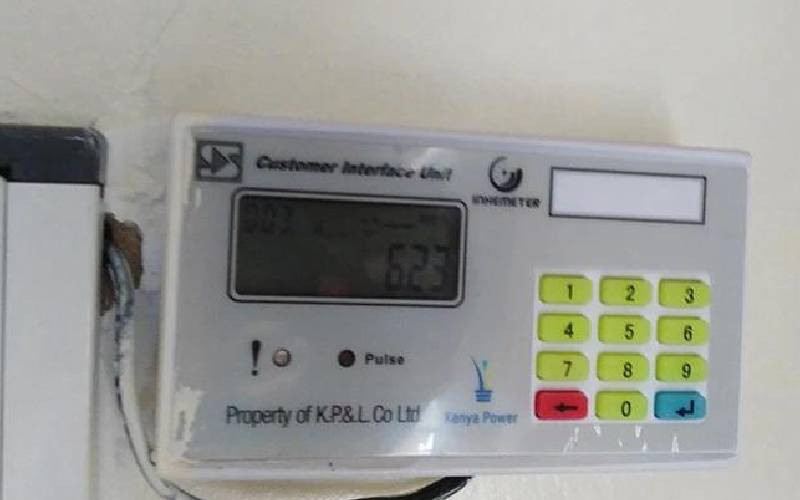×
The Standard e-Paper
Stay Informed, Even Offline

Kenya Power has submitted proposals for tariff increases to the Energy and Petroleum Regulatory Authority (EPRA). Accordingly, these proposals will be subjected to public participation between January 31 and February 8, 2023 before EPRA makes its decision.